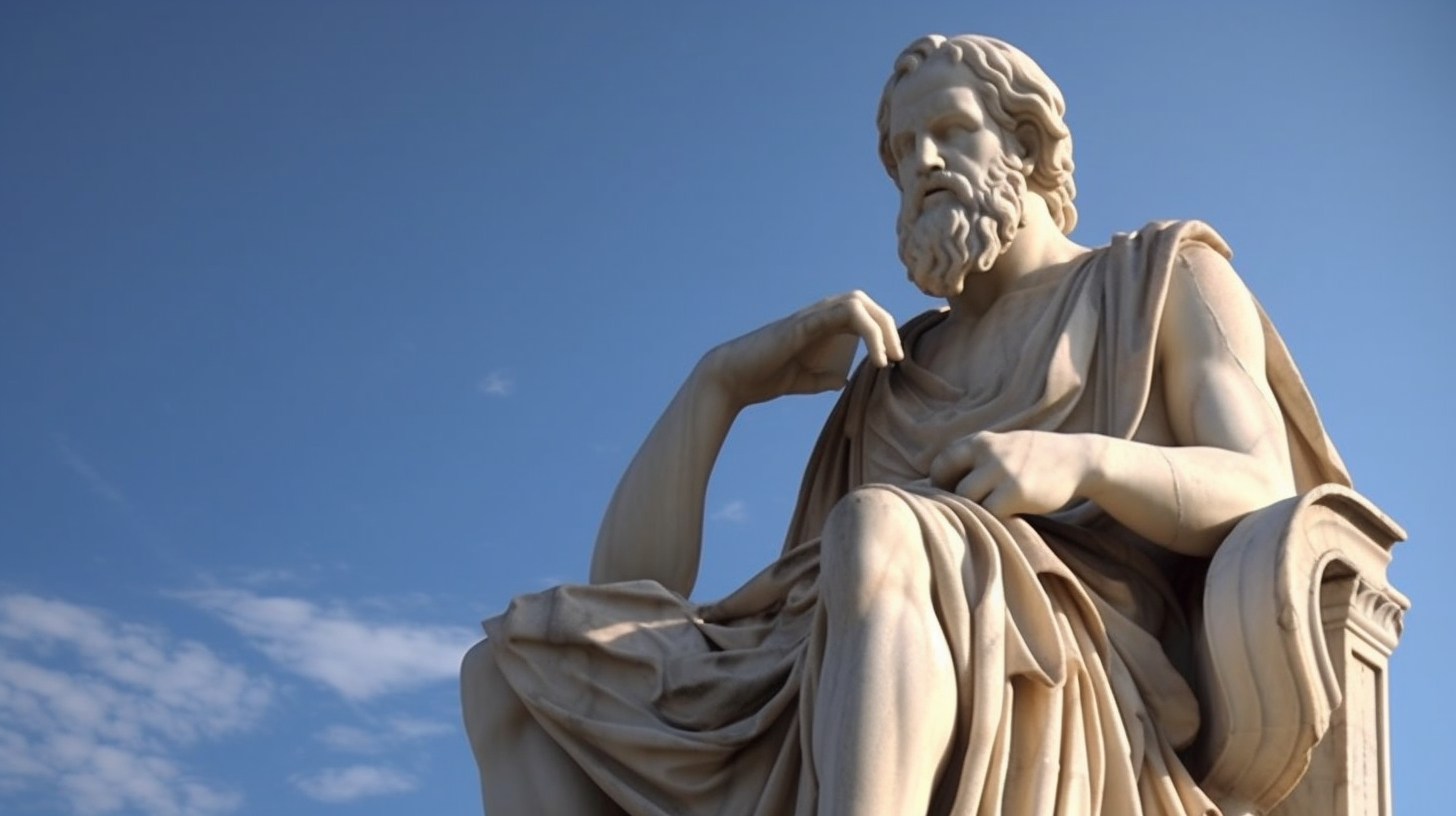The Odyssey of Self-Discovery: Lessons from Homer's Epic

The Odyssey of Self-Discovery: Lessons from Homer's Epic
Homer's Odyssey has long been hailed as a timeless tale of self-discovery, filled with captivating adventures and profound insights into the human condition. It is a narrative that has captured the imagination of countless readers throughout the ages, serving as a beacon of wisdom and guidance. However, beneath the surface of this celebrated epic, I contend that a web of fallacies and assumptions has obscured a more critical examination of the human quest for self-discovery. In this article, I shall embark upon a skeptical journey, challenging the conventional wisdom surrounding Homer's Odyssey and unearthing the fallacies that have pervaded its interpretation.
Fallacy 1: The Hero's Journey as a Universal Blueprint:
One of the central premises upon which the Odyssey's praise rests is that it provides a universal blueprint for the hero's journey and the quest for self-discovery. However, this assumption overlooks that the Odyssey is a product of a specific time and place. With its distinct cultural, social, and political milieu, Ancient Greece should not be taken as a prototype for all human experiences. To treat Odysseus' journey as a paradigm for self-discovery in all contexts is to commit the fallacy of anachronism.
Fallacy 2: The Romanticized Notion of Personal Growth:
Another fallacy surrounding the Odyssey revolves around the romanticized notion of personal growth that supposedly emanates from Odysseus' journey. The epic's moral lessons are often reduced to simplistic aphorisms, such as "perseverance pays off" or "loyalty triumphs over temptation." While these may serve as comforting platitudes, they overlook the complexity of human nature and the inherent contradictions that come with self-discovery. For all his heroic qualities, Odysseus is flawed and morally ambiguous. His actions throughout the epic are not always virtuous or noble, and his pursuit of self-interest often precedes ethical considerations. The Odyssey, therefore, presents a more nuanced view of personal growth that challenges the simplistic notions of moral rectitude.
Fallacy 3: The Illusion of Individualism:
The Odyssey is often interpreted through the lens of individualism, with Odysseus standing as the symbolic figure of self-reliance and autonomy. However, this interpretation neglects the collective nature of Odysseus' journey. Throughout the epic, he is aided and hindered by various gods, goddesses, and mortals. His fate is intrinsically intertwined with the whims of divine beings and the actions of his fellow men. To perceive Odysseus' journey as a triumph of individualism is to ignore the interconnectedness of human existence and the role of community in self-discovery.
Challenging Conventional Wisdom:
Now that we have dismantled these fallacies, we can reevaluate the Odyssey and its supposed lessons on self-discovery. Rather than presenting a universal blueprint for the hero's journey, the Odyssey can be seen as a complex tapestry of human experiences, reflecting the unique context in which it was created. As a result, its exploration of personal growth is far from linear or unambiguous, delving into the intricacies of human nature and the moral ambiguities that accompany self-discovery. Moreover, the notion of individualism, often associated with the Odyssey, must be seen in the light of the collective and communal dimensions that shape our lives.
Historical References and Sharp Wit:
In his poetic mastery, Homer weaves a narrative that exposes the human condition in all its glory and folly. However, to fully comprehend the Odyssey, one must analyze its characters and themes and engage with the historical context that birthed it. In their polytheistic beliefs, the Ancient Greeks sought to understand life's mysteries through a pantheon of capricious gods and goddesses. Odysseus' journey reflects this cultural backdrop, with his trials and tribulations serving as allegorical encounters with the divine forces that govern human destiny.
Moreover, the Odyssey challenges the conventional wisdom of its time by questioning the foundations of heroism and bravery. With his cunning and deceit, Odysseus departs from the traditional archetype of the noble hero. In doing so, Homer provocatively disrupts the prevailing narratives of heroism, urging his audience to question established norms and expectations.
Conclusion:
The Odyssey, though revered as a paragon of self-discovery, has flaws. Yet, by critically engaging with its assumptions and uncovering the fallacies that have obscured a deeper analysis, we can shed light on the complexities and contradictions within this ancient epic. Homer's narrative urges us to challenge conventional wisdom, question our preconceptions, and embrace the nuanced understanding of self-discovery that transcends simplistic formulas. In doing so, we embark upon our own Odyssey of intellectual rigour and critical engagement, paving the way for a more profound exploration of the human quest for self-understanding.
Plato Re-Imagined
This course offers 32 comprehensive lectures exploring most of Plato's dialogues. These lectures guide students toward a consilient understanding of the divine—a concept that harmonizes knowledge across disciplines and resonates with secular and religious leaders. As a bonus, Lecture #33 focuses on consilience, demonstrating how different fields of knowledge can converge to form a unified understanding.
